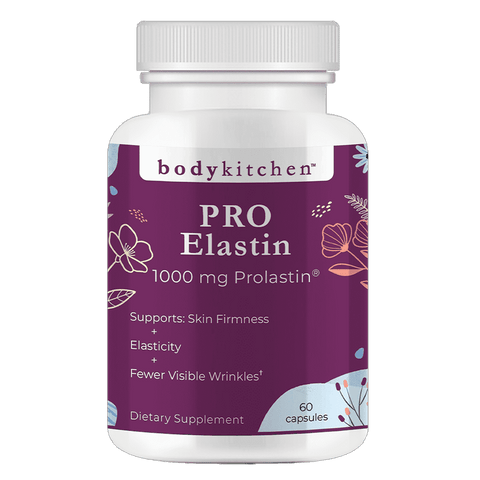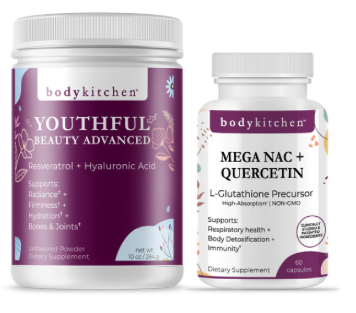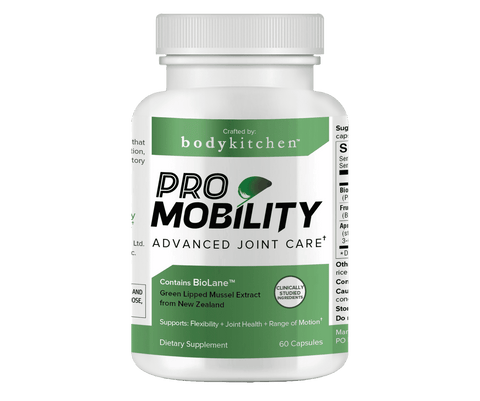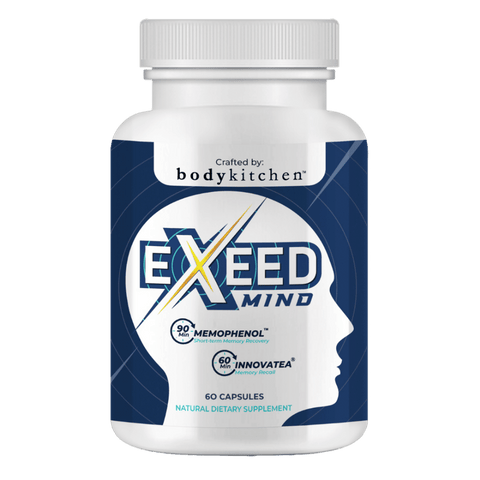RELAXATION TECHNIQUES FOR ANXIETY AND STRESS
Roughly three-fourths of individuals regularly experience physical symptoms of stress, and about one-third live with severe stress. In addition, more than 40 million American adults struggle with anxiety disorders. If you're one of the millions affected by extreme stress or anxiety, finding ways to minimize their effects on your body is key to both your physical and mental health. Read on to discover proven relaxation techniques for anxiety and stress.
MINDFULNESS BASED STRESS REDUCTION
Mindfulness-based stress reduction is a method of stress relief developed in the 1970s by Jon Kabat-Zinn. Its purpose is to teach mindfulness, which focuses on the present moment and think less about the past and the future. Many studies have confirmed the benefits of mindfulness for anxiety and stress relief.
You can introduce mindfulness for anxiety and stress into your life by:
- Practicing mindfulness meditation, which involves resting comfortably and thinking about your current state, redirecting your mind when it wanders
- Doing mindfulness exercises, which involves mental activities that help you more quickly return to a mindful state
- Taking an in-person and or online course, which may combine relaxation meditation with exercises led by an expert instructor
DISTRACTIONS FOR STRESS RELIEF
Stress relief doesn't always have to involve formal relaxation techniques. Sometimes, just doing something else and allowing yourself to enjoy it can significantly impact your level of stress. Some potential distractions include:
- Reading a book for pleasure
- Watching a television show or movie
- Doing a hobby
- Playing a sport
- Playing a video game
- Cleaning out and organizing a cluttered spot
- Listening to music
SELF-CARE FOR STRESS RELIEF
Self-care refers to actions that you take to benefit your physical and mental well-being. Repeatedly practicing self-care can lead to significant reductions in stress levels. Some elements of self-care include:
- Expressing your feelings when someone upsets you rather than bottling it up
- Saying no to extra responsibilities when you can't manage anything else
- Asking for help and support when you need it
- Taking short breaks to clear your mind
- Keeping up with personal grooming and hygiene
- Celebrating your successes, even the small ones
- Pampering yourself by taking a bath, heading to a spa, or enjoying another type of indulgence
PROGRESSIVE RELAXATION
Progressive relaxation is a stress relief technique that involves systematically tensing and then relaxing all the muscles in your body. Begin with the face and then move to the neck, shoulders, arms, hands, abdomen, etc. Physical activity helps to release tension from your body and forces you to go into a more watchful, restful state to relax your mind.
OUTDOOR THERAPY FOR STRESS REDUCTION
Heading outdoors can make a significant impact on your state of mind. When you spend time in the sunshine, your body can manufacture vitamin D. Studies have found that low vitamin D levels can cause feelings of depression, which may worsen anxiety and make you less able to deal with stress. Plus, getting out in nature can help put things in perspective and remind you that there is a big world beyond your daily problems. Outdoor therapy can include:
- Just sitting in a comfortable spot
- Going for a walk
- Hiking
- Cycling
- Camping
- Going on a long drive and stopping to admire scenic views
NATURAL RELAXATION SUPPLEMENTS
Relaxation supplements can help to complement other stress management techniques. Although research into the use of nutrients and herbs to ease stress is ongoing, evidence suggests that the following supplements may be beneficial for relaxation:
- Vitamin B6 plays an essential role in producing neurotransmitters that help your brain function at its best. Studies have found that people with low B6 levels may be more at risk for anxiety and chronic stress.
- Magnesium helps promote muscle relaxation and may help to release stored tension. It's also vital to brain health and may help you get better sleep during times of stress.
- Adaptogen herbs like ashwagandha may help defend the body from the physical effects of stress.
- GABA or gamma-aminobutyric acid may promote a calm feeling by decreasing the amount of activity in your central nervous system.
- L-theanine is an amino acid not typically found in the human body that has been shown to relax the mind without sedating the body.
WHEN TO SEEK PROFESSIONAL HELP
Relaxation techniques and natural relaxation supplements are often enough to address symptoms of stress. However, there are times when seeking the help of a therapist, psychologist, or psychiatrist may be necessary. Some signs that you should schedule an appointment include:
- Mental symptoms that are making it difficult for you to work, care for yourself or maintain relationships
- Your mood feels off despite relaxation techniques
- You are experiencing dramatic changes in sleep or eating habits
- You are using unhealthy coping mechanisms like overeating or drinking to excess
















